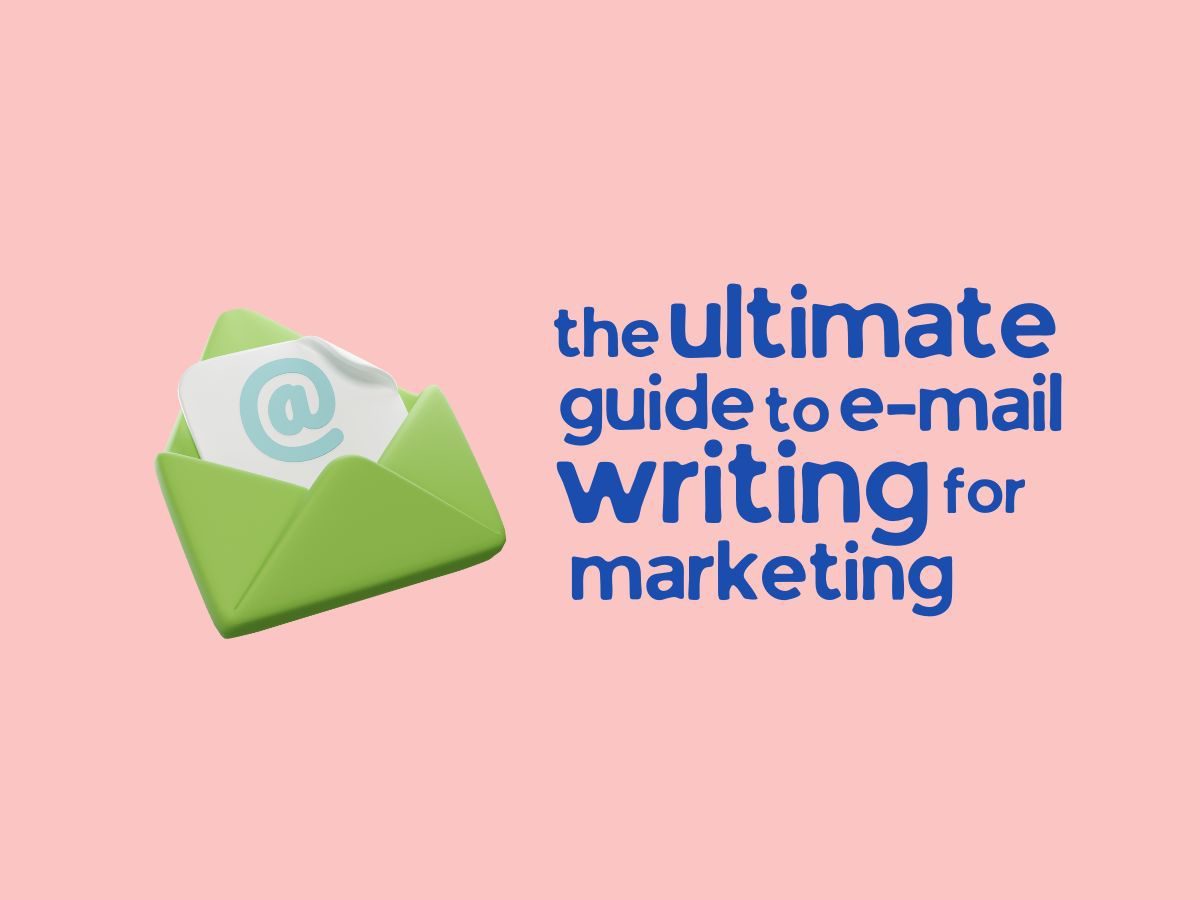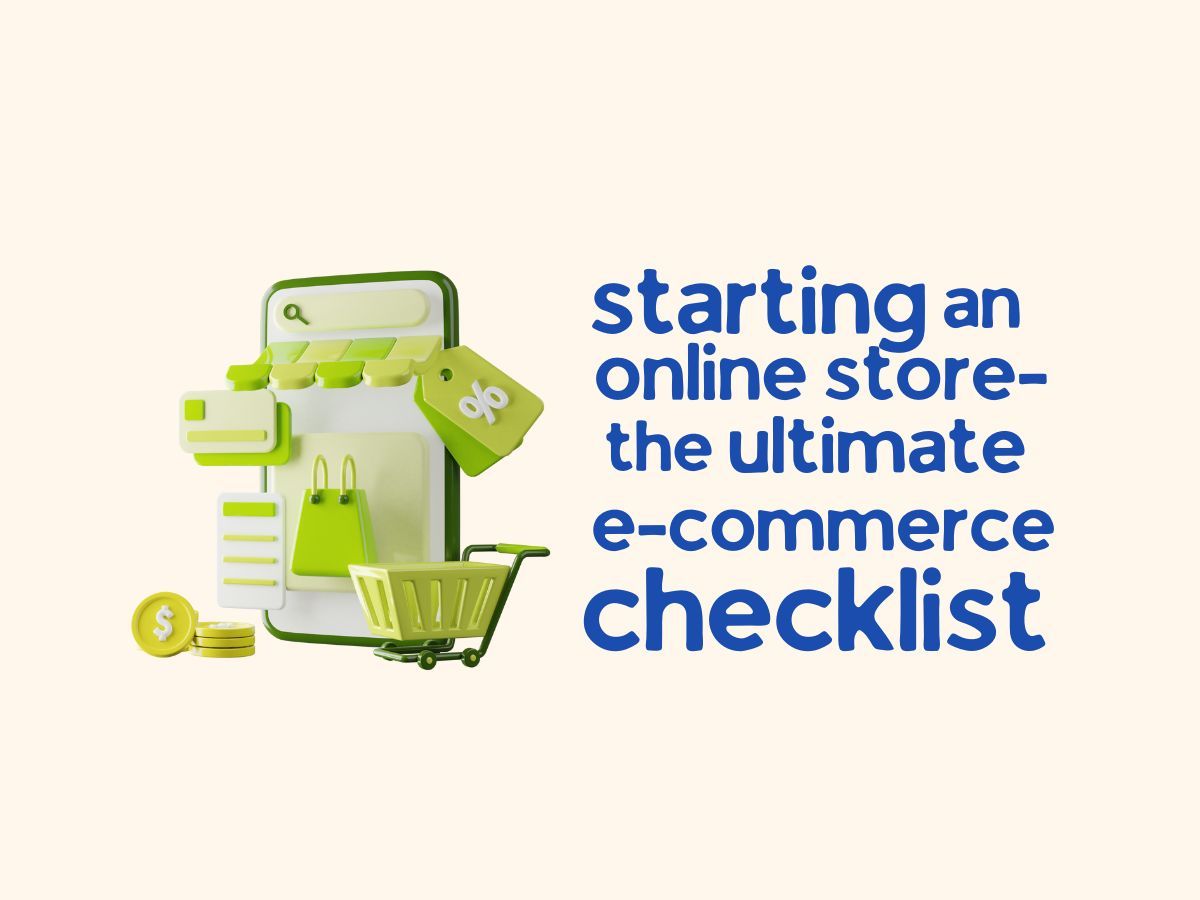No-follow links – Boon or Bane for SEO?
As an eCommerce business owner, you know that search engine optimization (SEO) is crucial for driving traffic and sales to your website. In this article, we’ll explore the world of no-follow links and delve into the debate over whether they are a boon or a bane for SEO.
You’ll learn about the origins and purpose of no-follow links, how they differ from do-follow links and the pros and cons of using them for your eCommerce business.
We’ll also provide some tips on how to use no-follow links effectively and make the most of their potential benefits. But first, let’s start by defining no-follow links and understanding their place in the world of SEO.
What are No-follow Links?
Before we can understand the impact of no-follow links on SEO, it’s important to first understand what they are. No-follow links are simply hyperlinks that include a no-follow tag in the HTML code. This tag tells search engines to not follow the link and not to pass any link equity (also known as “link juice”) to the linked website.
The primary purpose of no-follow links is to help webmasters prevent their websites from being used as a platform for spam or low-quality content. By using the no-follow tag, webmasters can still link to other websites without the risk of passing along their link equity or being associated with the linked website’s content.
History
No-follow links were introduced by Google in 2005 as a way to combat comment spam on blogs. At the time, spammers were leaving irrelevant or low-quality comments on blogs with links back to their websites. These links were being followed by search engines and were helping the spammer’s website rank higher in search results.
The introduction of the no-follow tag allowed webmasters to combat this problem by telling search engines not to follow these spammy links. Today, no-follow links are used on a variety of websites for a variety of purposes, including:
- Sponsored content or advertising – If a website accepts payment or other compensation in exchange for a link, it may use the no-follow tag to indicate that the link is sponsored.
- User-generated content – Websites with user-generated content, such as forums or blogs, may use the no-follow tag on links within that content to prevent the website from being associated with the linked content.
- Outbound links to low-quality websites – If a website links to a low-quality or spammy website, they may use the no-follow tag to prevent their website from being associated with the linked website’s content.
No-follow Links and SEO: The Debate
So, now that we understand what no-follow links are and why they’re used, the question remains: are they a boon or a bane for SEO? The answer, as is often the case in the world of SEO, is not straightforward.
On the one hand, no-follow links do not pass along link equity and therefore do not directly help a website’s rankings in search results. This means that all other things being equal, a website with only no-follow links pointing to it may struggle to rank as highly as a website with a mix of no-follow and do-follow links.
On the other hand, no-follow links can still be valuable for several reasons:
- Referral traffic: While no-follow links do not pass along link equity, they can still drive referral traffic to your website. This means that even if a no-follow link is not directly helping your website’s search rankings, it can still bring in potential customers or clients.
- Brand exposure: No-follow links can also help increase brand exposure and awareness. If a reputable website links to your website with a no-follow link, it can still be seen as an endorsement of your brand and help build credibility.
- Link diversity: Having a diverse mix of no-follow and do-follow links can also be beneficial for your website’s SEO. While it’s important to have high-quality do-follow links pointing to your website, having a mix of no-follow links can help create a more natural link profile and make it less obvious that you’re actively seeking out links for SEO purposes.
- It’s also worth noting that, while no-follow links don’t pass along link equity, they can still contribute to a website’s overall link authority. Link authority is a measure of a website’s overall credibility and trustworthiness in the eyes of search engines, and it’s a factor that can impact search rankings. While no-follow links may not directly contribute to a website’s link authority, they can still be a factor in the overall equation.
Conclusion
No-follow links can be both a boon and a bane for SEO, depending on how they’re used. While they may not directly impact search rankings, they can still drive referral traffic and increase brand exposure. It’s important to remember that a diverse mix of no-follow and do-follow links can be beneficial for your website’s SEO and to focus on building high-quality links rather than solely chasing after do-follow links.
Want to learn more about SEO and eCommerce marketing? Subscribe to our newsletter and follow us on social media for the latest tips and strategies. And don’t forget to check out our blog for even more in-depth articles on everything about eCommerce and marketing. Find us Blustream Integrated


















